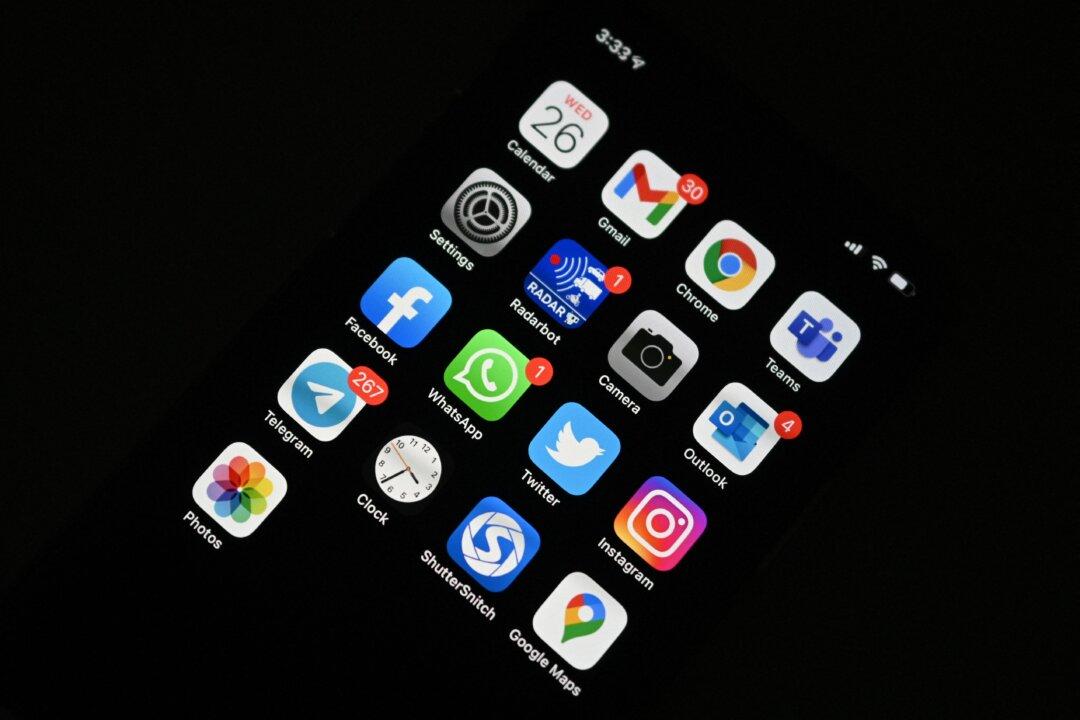Police have arrested six people and seized dozens of illegal SIM boxes used to send millions of scam text messages to trick people into downloading malware or sharing personal information.
Federal and state police forces launched a national day of action in a bid to protect Australians from scams that rake in tens of millions of dollars.





